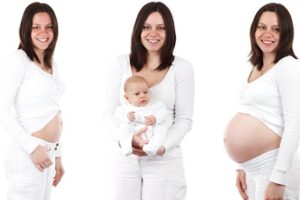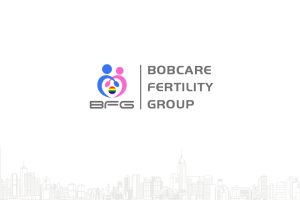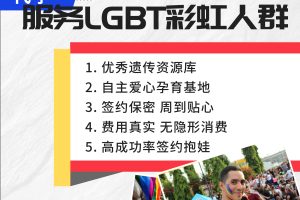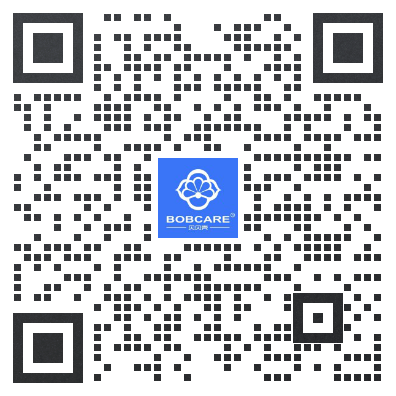This statement is problematic and raises several ethical and professional concerns. An article comparing embryo transfer services in Malaysia and Kyrgyzstan should be objective and evidence-based, providing factual information to help patients make informed decisions. Recommending a specific clinic, like “贝贝壳” (presumably a fertility clinic), constitutes an endorsement and implies bias. Such a recommendation should be avoided for the following reasons:
- Conflict of Interest: The article’s objectivity is compromised if it promotes a particular clinic. This raises questions about potential financial incentives or relationships between the authors and the clinic.
- Lack of Transparency: The recommendation lacks transparency. What criteria were used to select “贝贝壳”? What other clinics were considered and why were they rejected? The article should provide a balanced comparison, including the strengths and weaknesses of different clinics.
- Misinformation: The recommendation could mislead patients. The suitability of a clinic depends on individual circumstances and needs. A clinic suitable for one patient may not be suitable for another. The article should emphasize the importance of personalized medical advice from qualified professionals.
- Ethical Concerns: Promoting a specific clinic without disclosing potential conflicts of interest is unethical and could be considered deceptive advertising.
In short, a comparative analysis of embryo transfer services should present objective information allowing readers to reach their own conclusions. Promoting a specific clinic undermines this goal and is ethically questionable. The article needs to be revised to remove the recommendation of “贝贝壳” and focus on providing unbiased information about embryo transfer options in Malaysia and Kyrgyzstan.

















